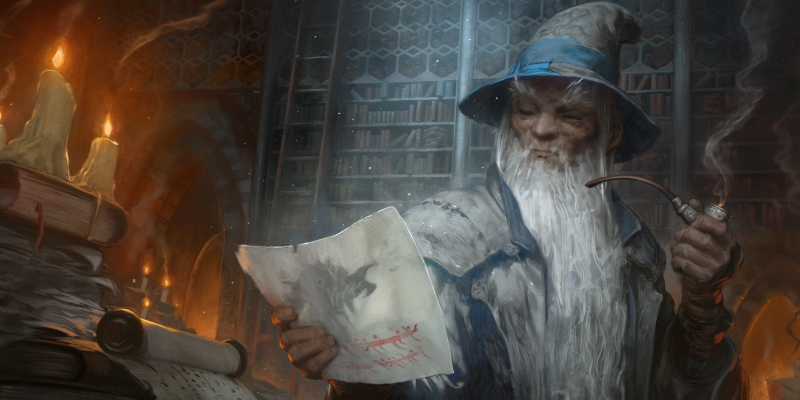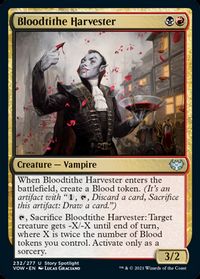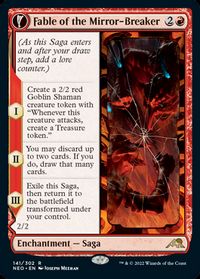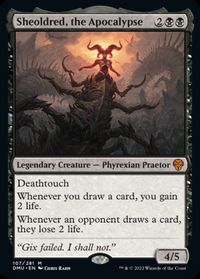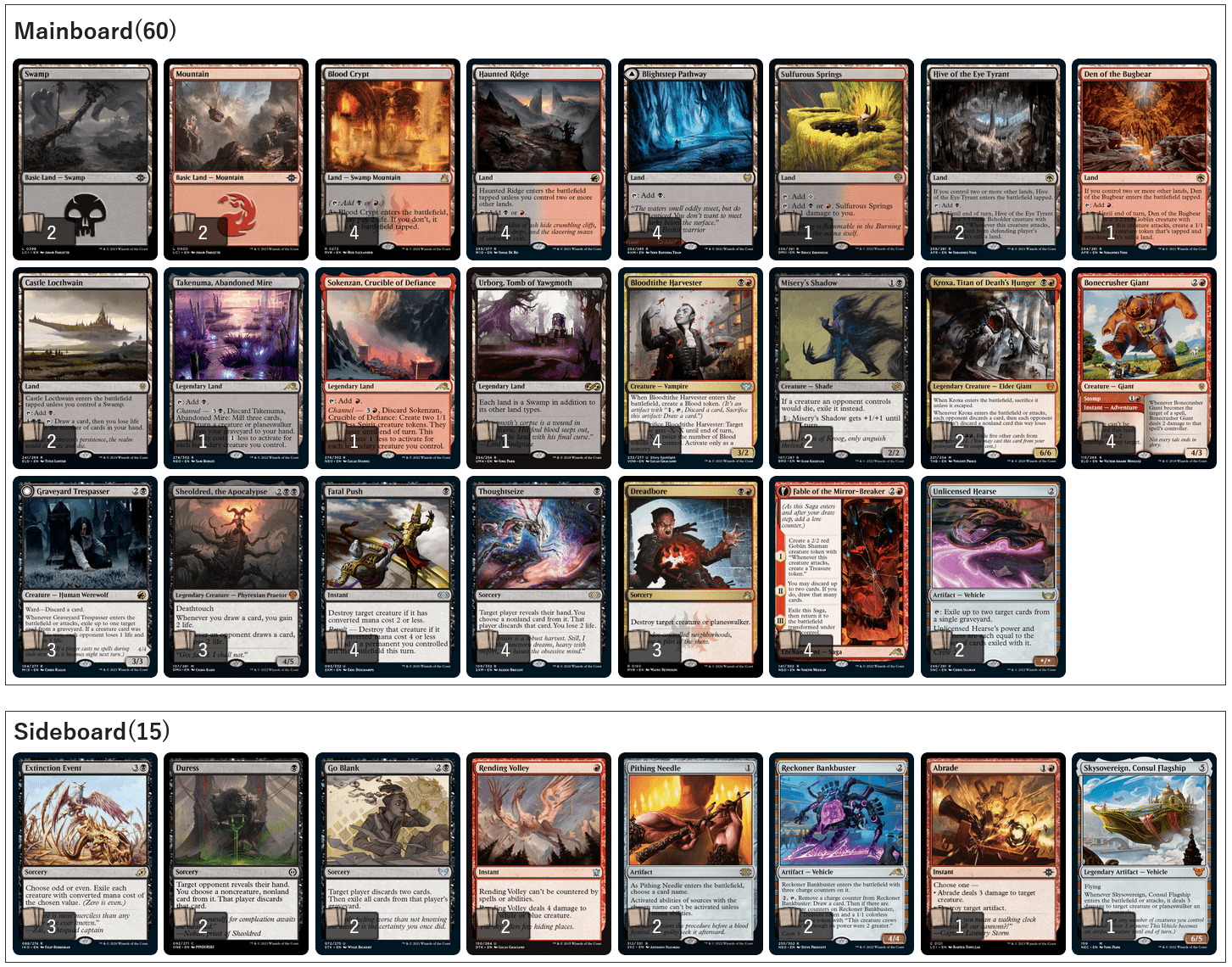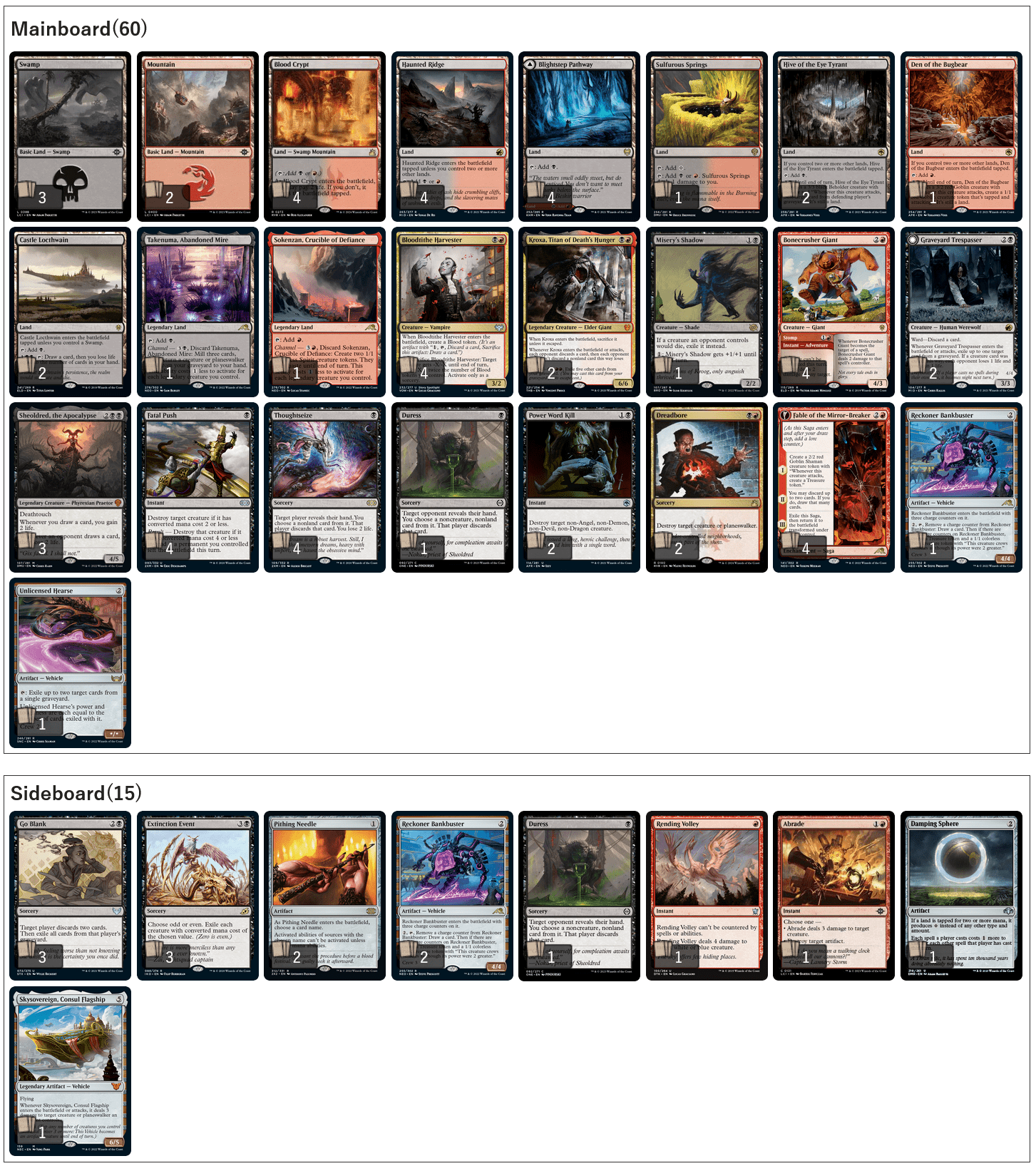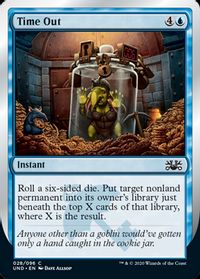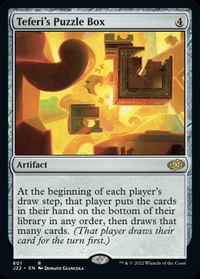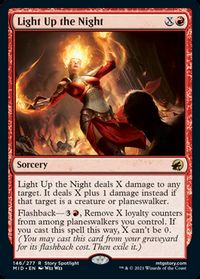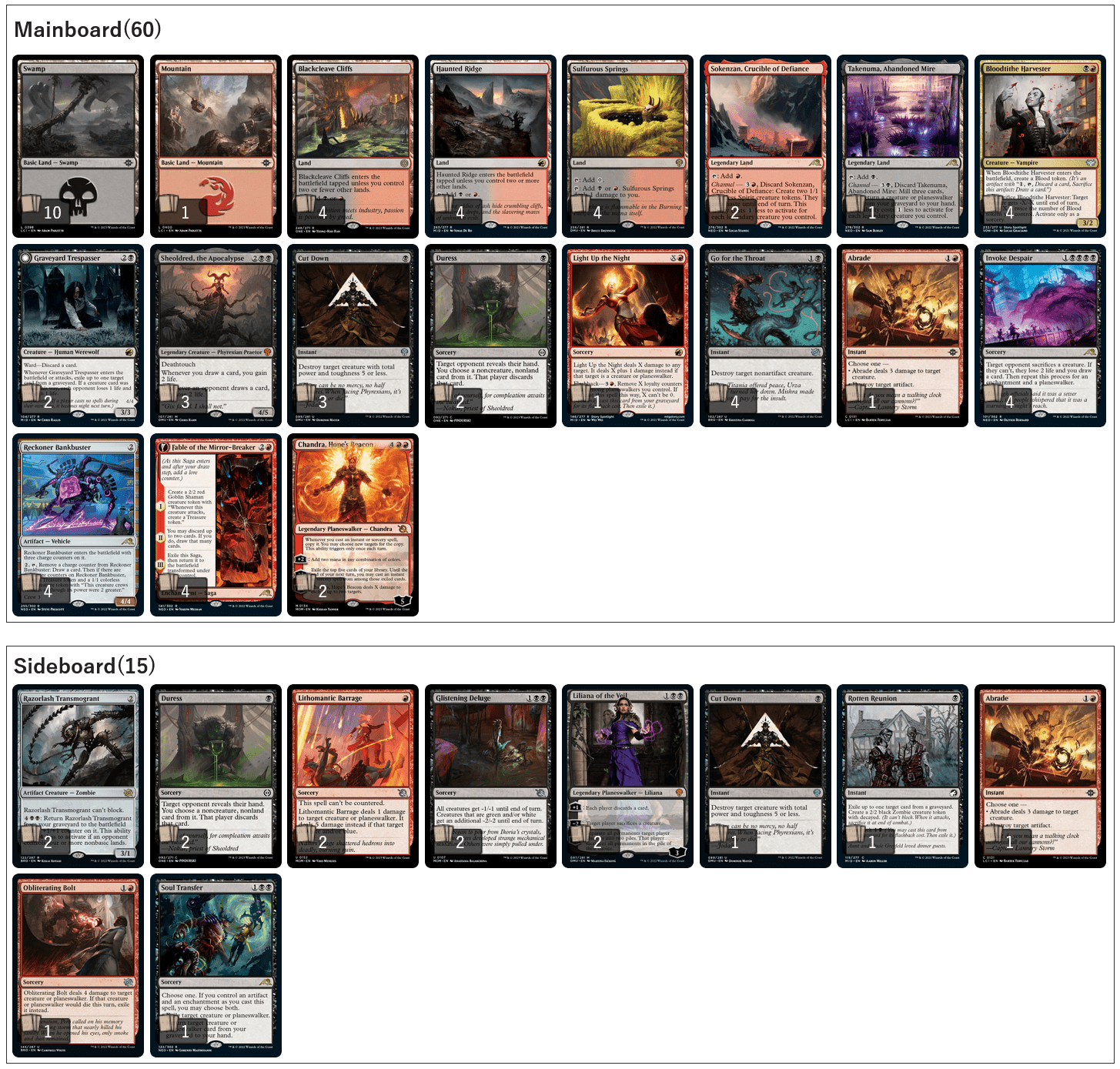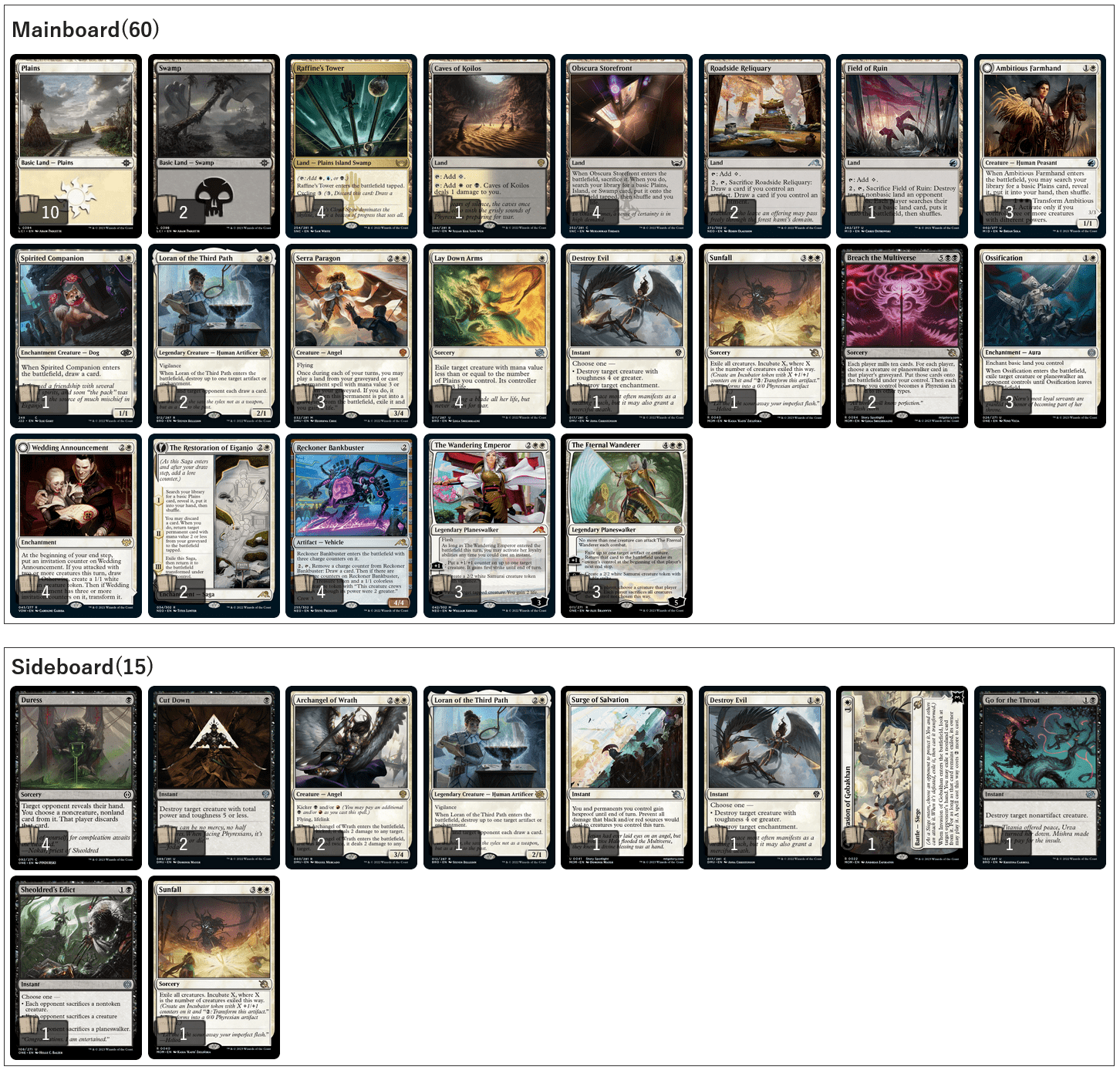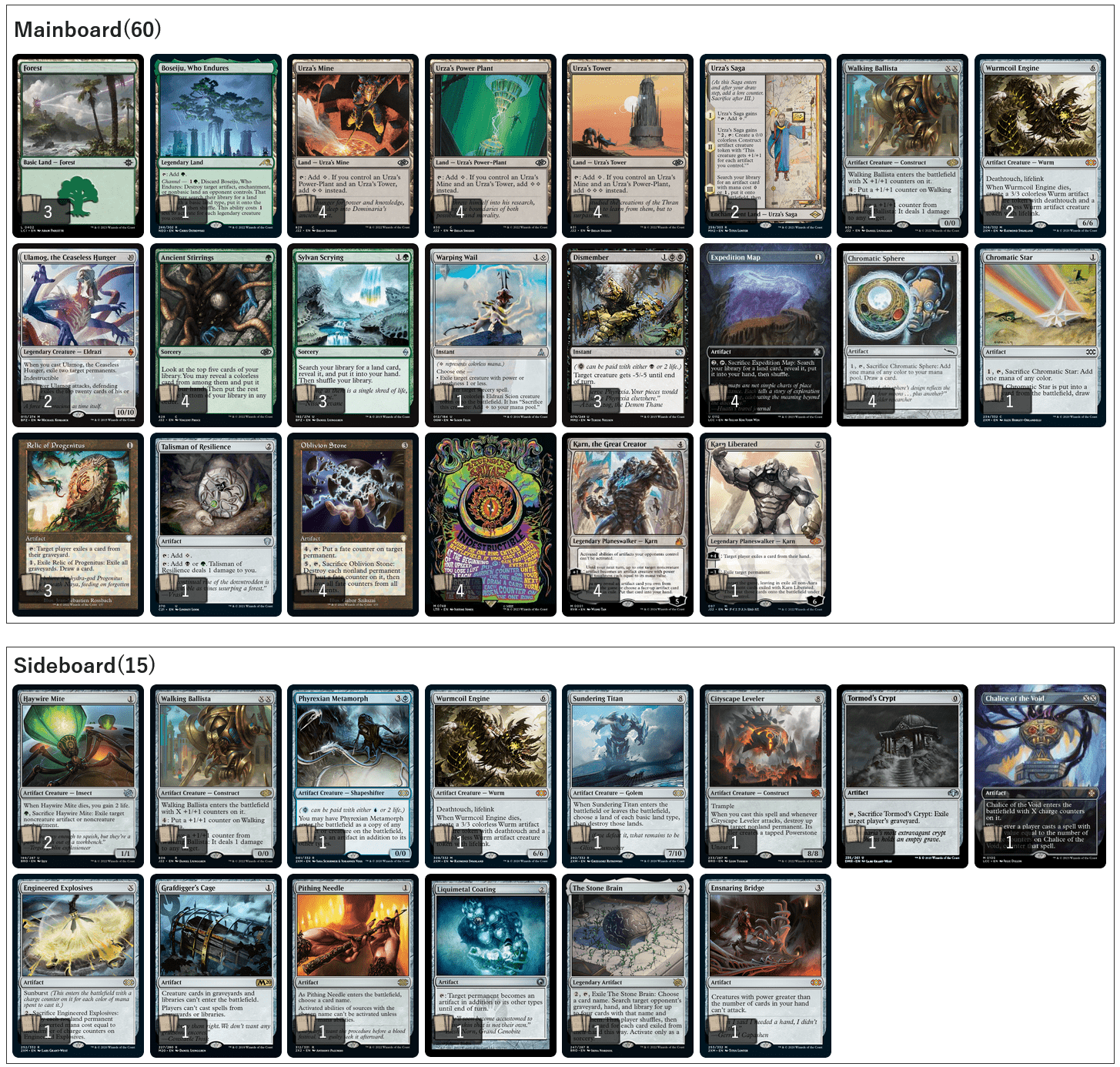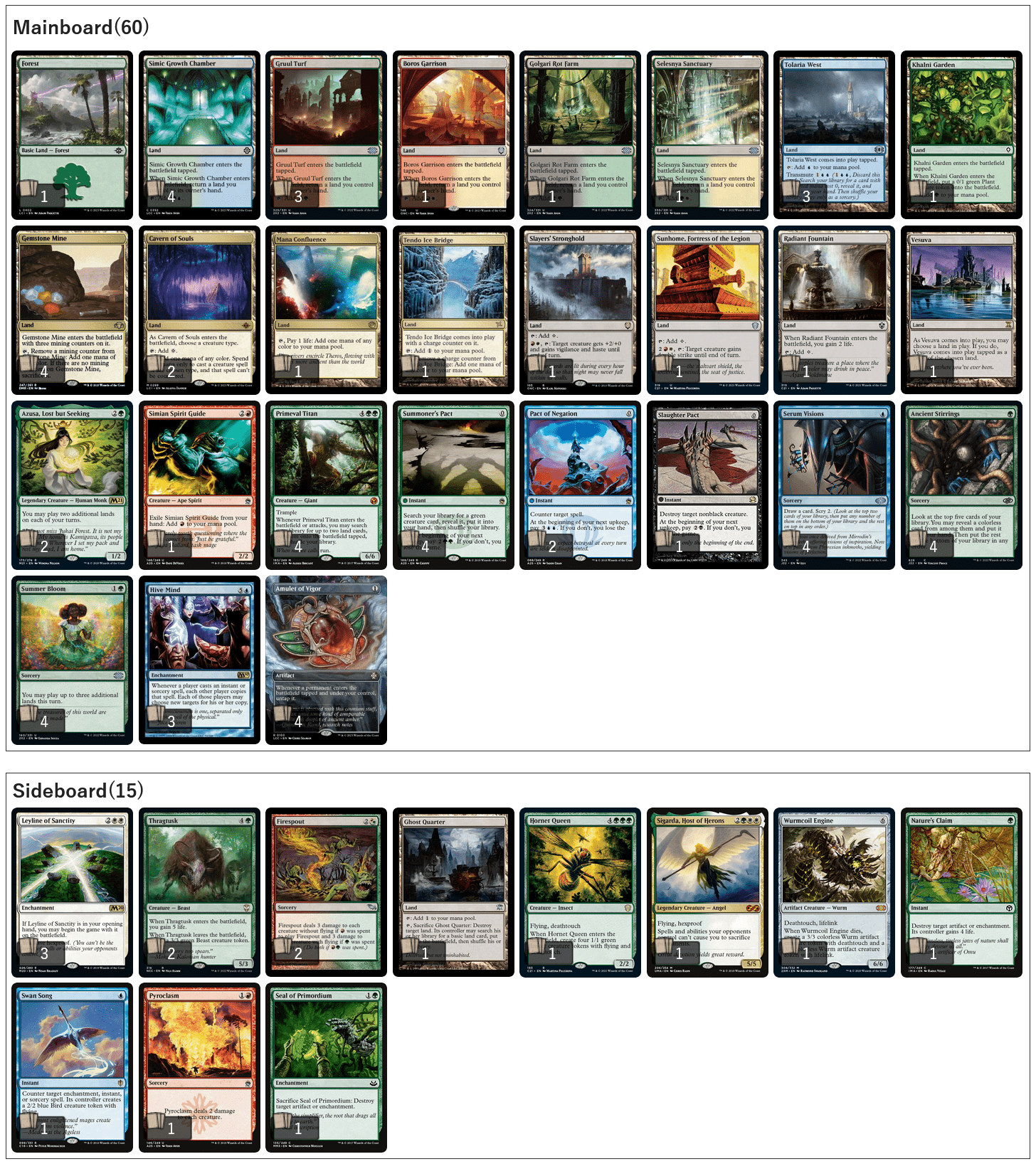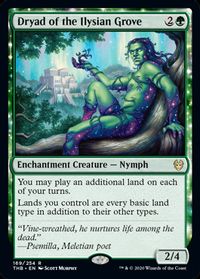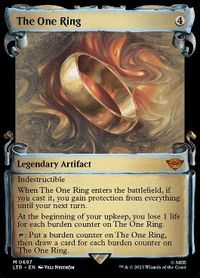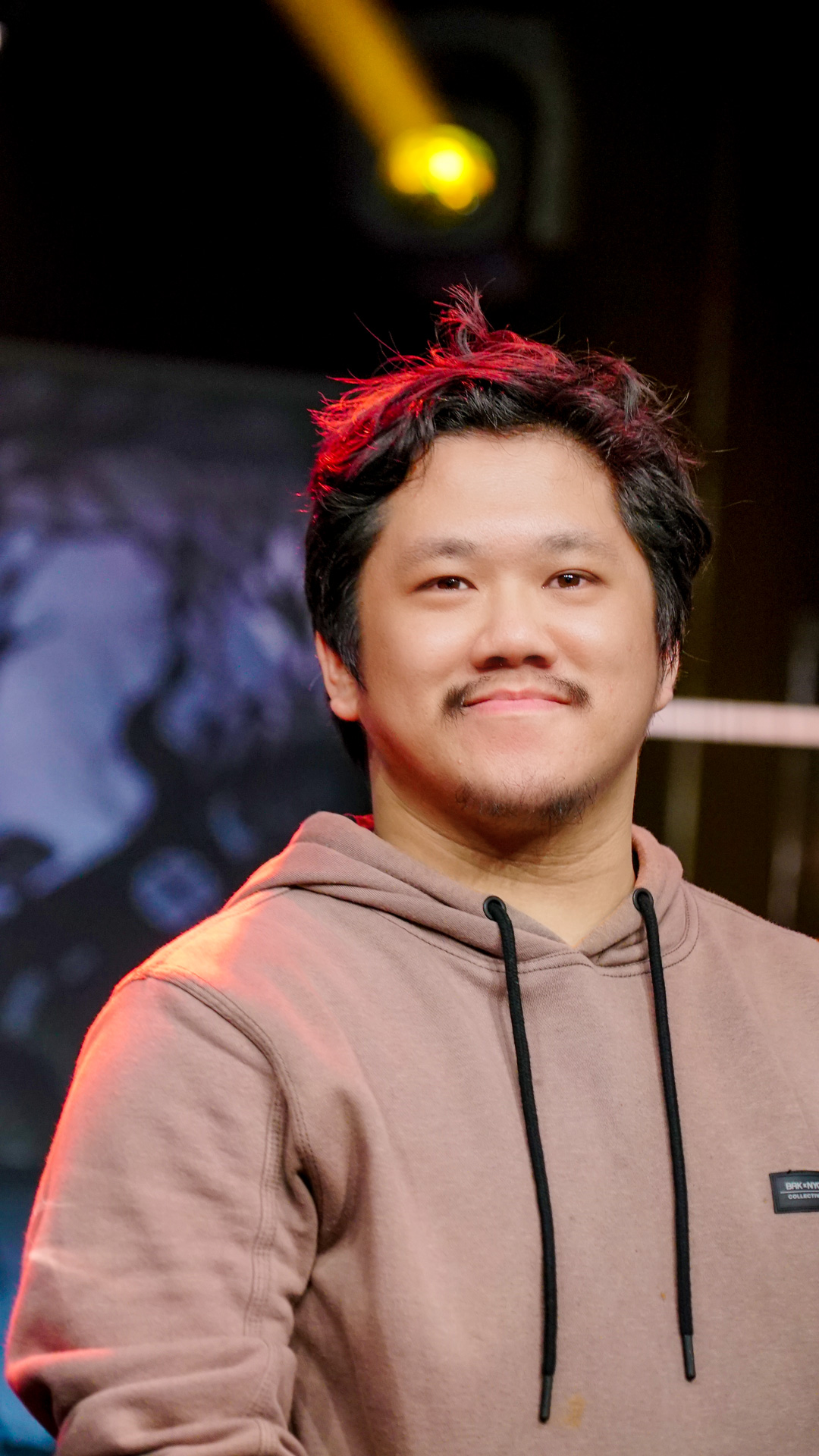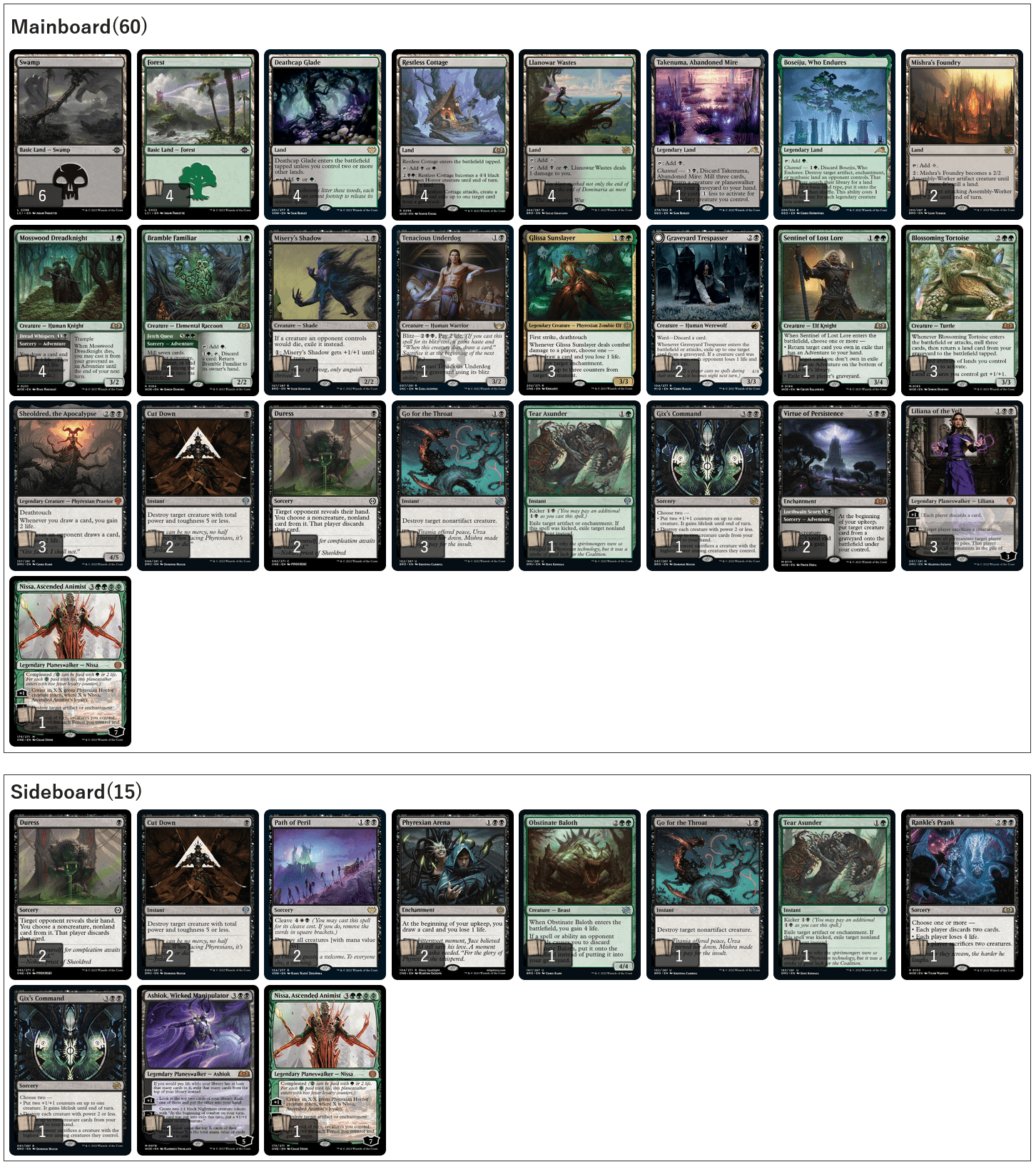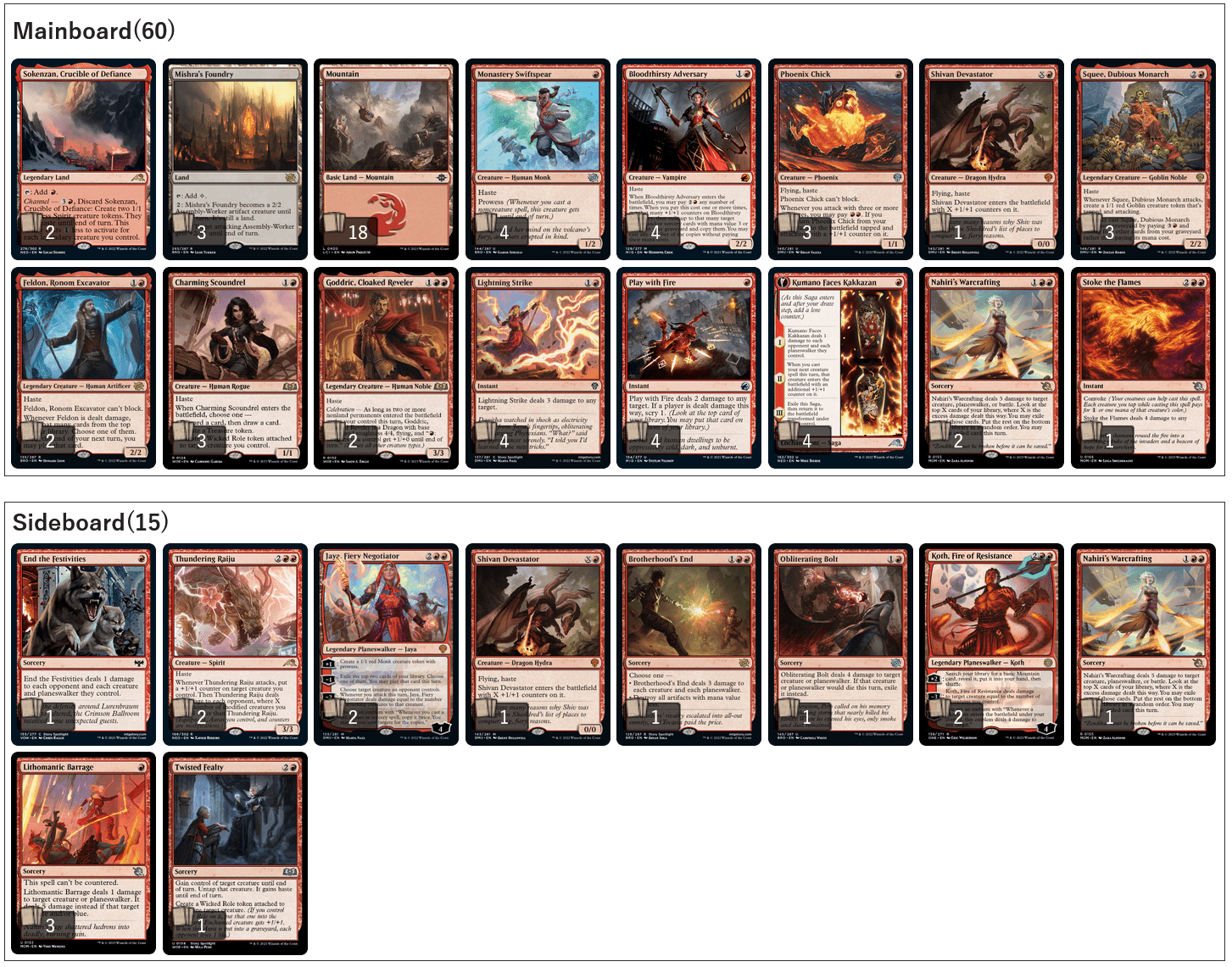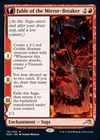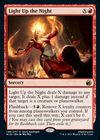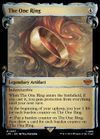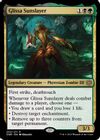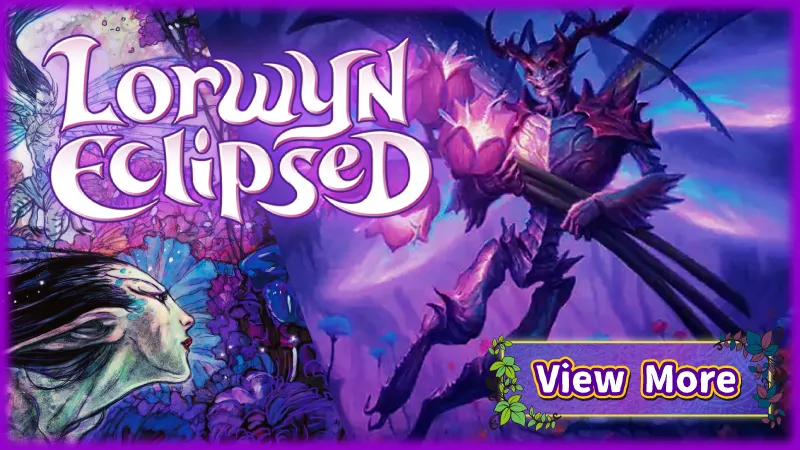Introduction
Hola!
The 2023 Magic Competitive season is over and we are a few weeks away from the beginning of the 2024 one.
This means it is a good time to reflect a bit on what happened for me during this season and talk about concepts I’ve learned and re-learned along the way that I think could be useful. They are useful for me to review so I would hope it would be helpful as well for the reader even if they are aware of those concepts beforehand.
1. RC Sofia + Pro Tour Phyrexia
“Do not undervalue the impact of actually mastering an archetype.”
Things kicked off with the Sofia Regional Championship with no Pro Tour invite. For this tournament, I decided to give it all and prepare it as it was the most important of the Pro Tours. That included a team house and the such.
Early on, I identified I would most likely playing Rakdos Midrange, so I decided to put a bunch of hours learning the deck in depth. Now, I’ve always been a strong believer that mastering a deck has a massive impact on your winrate, but if you are a competitive player who plays pretty much all the formats it is quite hard to reach that level of depth within a single archetype, particularly if you try to play what’s best for each given metagame.
For Sofia, everything went right for me to learn the deck deeply. Not only did I have enough time, but my teammates were often exploring other decks and also being able to present a tough opposition so we could figure out how to approach all the matchups against excellent opponents. I do think it’s also hard to completely master a deck without help from others who can teach you different plans or different lines of play in certain situations. Again, it’s easier to learn Magic with friends and teammates.
Once we were tuning the last slots for our Sofia list, I felt we had understood the deck very well. Everything was thought for relatively long including even small details like some tweaks we ended up making in the manabase.
I ultimately didn’t Top 8 but I walked away with a Pro Tour qualification and the sensation that we had learned the deck very well and that we had built a very good version.
That knowledge acquired in this process arguably carried over to the Pro Tour Phyrexia where I ended up running the same archetype for a 7-3 finish using the concepts and ideas that were cooked in the Sofia process.
In some other events, I had been playing decks where I had a more shallow knowledge, but playing Rakdos Midrange made me feel similarly I felt playing some other decks I have worked a lot on in the past, like Modern 《Arclight Phoenix》 decks. Putting a lot of energy into understanding how to play with cards like 《Fable of the Mirror-Breaker》 also surely paid off going forward.
I took this feeling and made sure I would play decks I would be able to play very well in the rest of the PT+ events of the season.
2. Magic Online/MOCS
“Be realistic with your gameplay expectations according to your level of understanding of a deck.”
This is directly related to the first one and it is the other side of the same coin. If mastering a deck will make it so you will gain an edge by knowing plans for everything, playing a deck that you don’t have that much previous experience with will make you the one giving up the edge in the marginal spots.
There are many reasons for a player to end up in that situation. Time is a limited resource for every single one of us, but sometimes life gets in the way and we even have less time. Sometimes a deck we have spent time on ends up being unacceptably bad for a given metagame. Sometimes we have to play different formats on a weekend and one of them is unknown to us.
I’ve been in this situation a few times during the season, particularly for MOCS events, and the comparison between my playing level while playing a PT deck and decks I would pick up and just play a little bit before a tournament was huge. At some point, it even became frustrating because I was losing games again and again to my own mistakes.
After thinking about it, I realized it made sense, in a way. Being a good player doesn’t win games – playing well wins games. If you don’t know that much about the deck you are playing with, you are simply going to play worse and therefore win considerably less than you are used to with other decks.
Once I made that mental adjustment, things felt much better. I don’t think I necessarily played better but I assumed I would make more mistakes and I would be ok with it. In other situations, knowing this, I would simply choose a deck I would know more to have better gameplay. I nowadays think of deck selection for this event like a puzzle where I have to decide the difficulty level based on my knowledge of the format and the different decks.
3. Pro Tour March of the Machine
“Brewing still works in 2023+ Magic.”
It’s easy to fall into the trap of thinking that most decks are already explored after a few days or weeks into a format. In fact, the reality is that often not many new things appear after there have been enough tournaments. However, that’s not always the case. Not only you can brew a new archetype, but even adjusting a known archetype with a new card can have a huge swing on your winrate.
As I wrote about in my PT Minneapolis report, we played the “Anthony Fireball”, 《Light Up the Night》 and it added a whole angle to our otherwise stock Rakdos Midrange deck.
We were a little bit reluctant to add it to that deck because of how bad the card looked, but I’m glad Anthony ultimately convinced all of us to bring it to the Pro Tour, as it surely helped some teammates into our 4 out of 8 Top 8 slots.
On top of that, we also saw how Autumn Burchett Top 8 this PT with Orzhov Midrange.
This a deck they brewed for the tournament and if I’m not mistaken they were the only player in the whole event playing it. It’s easy to think that playing innovative decks is always a trap in modern magic, but it is actually among the best ways to get an edge in high-level tournaments.
4. Pro Tour The Lord of The Rings
“Everything you know, even if you have known it for years, could be wrong.”
Question your foundations. Question yourself. Question others. I talked in detail about what happened exactly with our Tron version in my Pro Tour Report article and then I discussed how to play different scenarios with it in a later article.
That Top 8 was certainly carried by the deck being very strong and it only happened because our team questioned that maybe the deck wasn’t built properly. This is something many players do all the time, but as we get used to playing refined decks in competitive events, it is relatively easy to end up thinking that everything is said and done once a deck has been around for some years. It is not.
We see it again and again. Sometimes a new card changes how a deck fundamentally works and it is important to avoid sticking too much with old information, even if it was very costly to get as it was on the Rakdos Pioneer example. This is extremely important not only if you are playing the deck but also if you are playing against it in a tournament.
Take a deck like Amulet Titan. The deck is been around forever – it even lost a Pro Tour Fate Reforged finals in 2015 in the hands of Justin Cohen vs. Antonio Del Moral – which means it’s easily among the oldest decks in the format.
However, if you took that iteration of the deck or even the ones that were seen before the printing of 《Dryad of the Ilysian Grove》, you would see a different deck in action.
Nowadays the deck is also a 《The One Ring》 deck and that means it has yet another different angle you have to fight with and focusing too much on the combo with 《Blood Moon》 effects will not be as effective as it was before. Making the wrong assumption in situations like this can cost you tournaments.
5. Magic World Championship XXIX
“Do not underestimate decks just because you thought they were not good enough at some point.”
I was fortunate enough to play in the Magic World Championship XXIX and our team did pretty well with both Anthony Lee and Player of the Year Simon Nielsen making it into the Top 4.
Given the short amount of time, I think our testing went reasonably well even though we ended up splitting in different decks. I personally went with Golgari Midrange along with Anthony Lee because… well, point 1 of this article, mostly.
However, there was a mistake we collectively made that wasn’t that punishing in the end but could have been. We didn’t pay that much attention to Mono Red because we initially thought was bad. The deck kept doing reasonably on the Magic online events but we never revisited it, and barely 1 or 2 days before the tournament we played against it in a more focused way and we were surprised about how strong it was.
It’s not like the deck was great by any means, but found it was perfectly playable, which we didn’t expect, and it was already quite late in the testing process. What happened is that we played the first versions, which were pretty bad, and we never realized the Mono Red lists had been slowly improving to the point the deck became reasonable as an option for the event.
In the end, Mono Red ended up being indeed bad for the Worlds metagame. But we didn’t have the chance to see how good it was once we realized it wasn’t so bad. Had that deck been better we could have messed up our deck configurations for the tournament. You could say we got lucky in that regard.
Conclusion
Those are the biggest takeaways from my 2023. This year was surprisingly good in terms of results but I think there is still plenty of room to improve, and I will work to become a better player in the 2024 season. Even though results might not come, doing things well is what we can do as players. Everything else is out of our control!
I can’t wait to see how the next season goes and hopefully, I will get to play a lot of Magic and spend a lot of time with my friends!
Thanks for reading.


